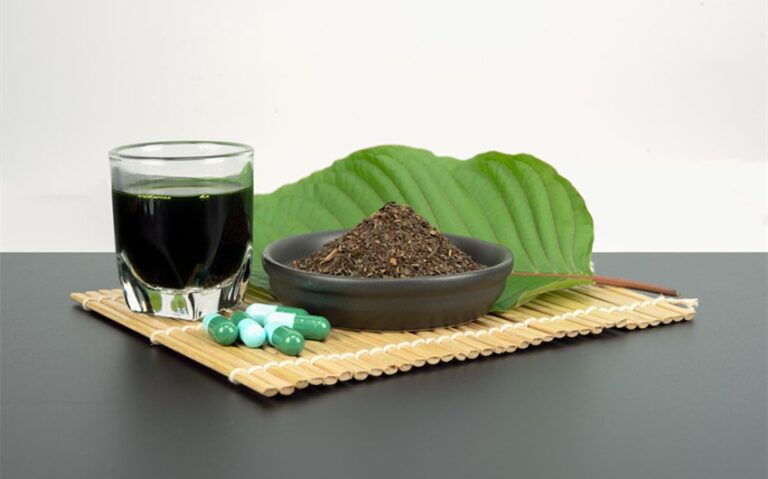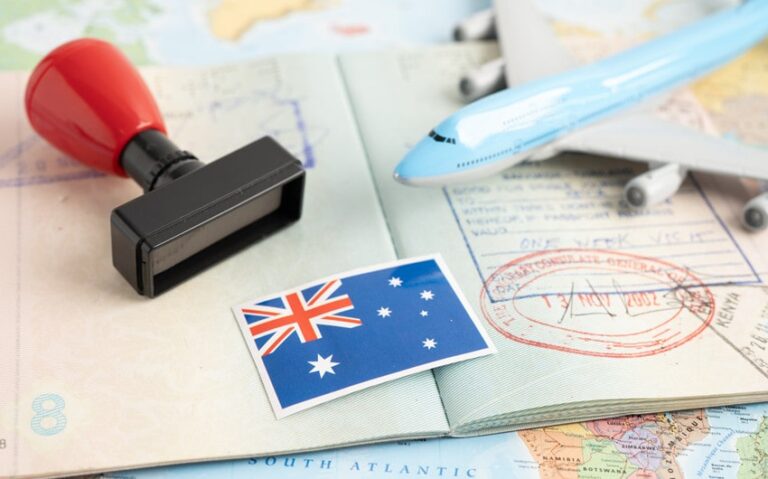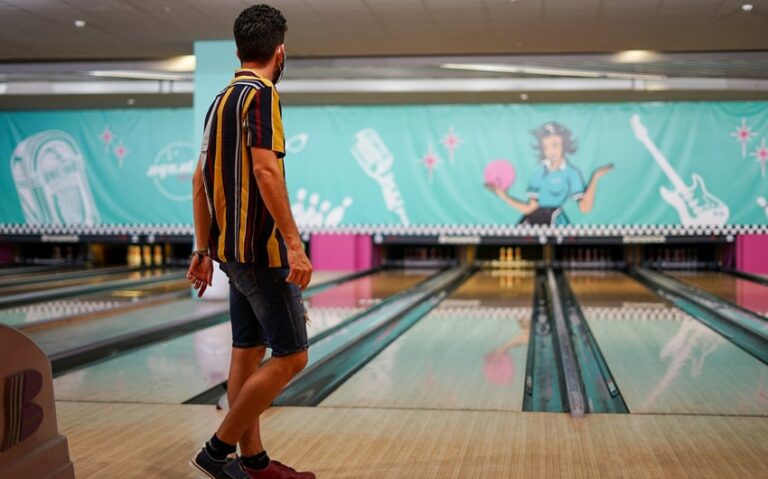Essential Home Care Supplies for Seniors with Incontinence
Being a caregiver to a loved one requires an immense amount of patience, respect, and love. Without the right support, it can quickly get overwhelming. This support doesn’t just mean medical staff and nurses but also a range of products that make life easier for you and the patient.
Incontinence, be it urinary, fecal, or mixed, seems to be a common issue amongst older adults and can often be caused by age related changes, medical conditions, or restricted mobility.
In a study conducted on adults aged 65 and above, urinary incontinence was found prevalent in around 60% of women and 35% men.
UI is worth studying and exploring since it can have a detrimental impact on the mental and physical health of seniors. With just a few essential home care supplies, this condition can easily be managed. Here are some essential home care supplies worthy of investment;
1. Absorbent Products
Consider taking a step back and looking at the bigger picture. What’s a part of urinary incontinence that is most uncomfortable for your loved one? For most, it is often the soiled clothes, odor, or messy sheets. Let’s fix that.
Consider investing in pull up underwear of different sizes, absorbency levels, as well as styles. These cater to various needs and are best for seniors who prefer their independence.
The type of supplies you buy depend heavily on the requirements. For seniors with mobility issues, pull up underwear might not work. Similarly, for seniors with light incontinence, pads or liners might be a better option and easier to wear discreetly inside regular underwear.
As for the bedding, that’s an easy fix. Bed pads can help you protect those mattresses, chairs, and couches from leaks and having supplies on hand also makes cleanup much faster.
2. Alternative Solutions
You can rely on a variety of different solutions to manage UI. These differ vastly depending on mobility and health conditions. For instance, in situations involving significant immobility, certain medical conditions, a recent surgery, or long term management, healthcare professionals might recommend internal catheters.
On the other hand, if mobility is not an issue, an external condom catheter kit is a great option. It is much less invasive and ideal for men with leakage. These provide seniors a discreet way to manage their UI. The device fits over the genital area like a sheath and connects to a drainage bag, often strapped to the leg for mobility during the day.
In cases where this isn’t a viable option, seniors may benefit from relying upon non-invasive approaches such as scheduled bathroom visits which significantly reduce the frequency of accidents over time.
3. Essentials for Hygiene
Constant UI without proper aftercare can lead to irritation as well as emotional turmoil. The best way to properly manage this is through high-quality cleansing wipes and washcloths. Opt for fragrance-free, alcohol-free products that are soft and gentle on the skin. You could also look for wipes formulated with moisturizing ingredients like aloe to soothe the skin.
Follow that up with a protective layer of moisture barrier creams consisting of zinc oxide or petroleum jelly. These essentially prevent irritation and breakdown resulting from constant exposure to urine or stool.
Remember, cleanliness might be important but it doesn’t need to be achieved through harsh ingredients or rough scrubbing as that can dry out the skin fast!
4. Adaptive Clothing
If you are taking care of a loved one with urinary incontinence, this often means frequent clothing adjustments and changes throughout the day. Investing in adaptive clothing with elastic waistbands, velcro fasteners, or side snaps can make the dressing much easier on both the patient and the caregiver.
Furthermore, consider adding moisture-wicking underwear to the mix. It is an excellent idea if your loved one is particularly prone to skin irritation. Don’t forget that your sheets and blankets are also a part of the clean-up process so choose machine-washable, quick dry fabrics for easier wash cycles.
5. Bathroom Aids
It is important to give mobility aids a genuine thought. If UI interferes with the health and well-being of your loved one, perhaps it is time to think outside the box.
Bedside commodes are a great option for patients with limited mobility and saviors in disguise at nighttime, preventing seniors from stumbling in the dark. Similarly, grab bars and raised toilet seats are also an ideal way to make the bathroom more accessible for your loved one.
Final Thoughts
Urinary incontinence care for seniors shouldn’t feel impossible. With just a few simple add-ons, life can feel just as full of happiness and freedom as before.
Remember that finding the right product might require some trial and error. Stick with it! Every senior’s needs are unique and even if one product does not work for you, the next one might. Until then, good luck.







